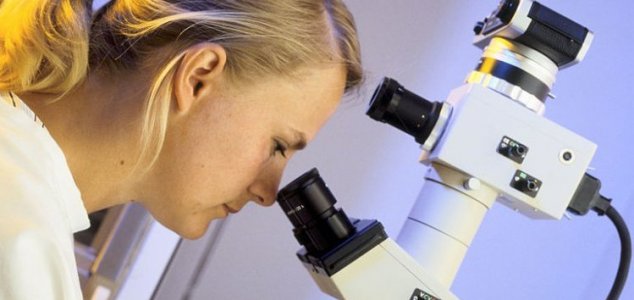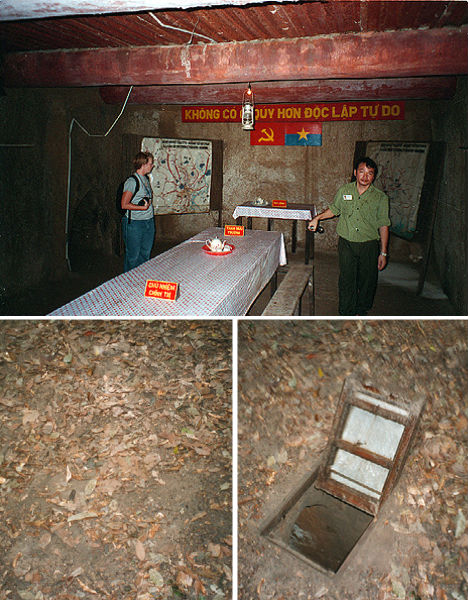
Antibiotic resistance is becoming an increasingly worrying problem.
The idea of a future in which even the most innocuous of infections has the potential to kill you might sound like something out of a science fiction disaster movie, yet within the next few decades we could be facing a world where this worrying scenario actually becomes a reality.
Even now over 50,000 people in the US and Europe die from antibiotic resistant infections every year and this figure could rise to over 10 million by the year 2050 if nothing is done.
Not all is lost, however, as scientists have been hard at work developing new types of antibiotics in the hope of staying one step ahead of the superbugs.
A recent study in the UK for instance has determined that a protein in breast milk – lactoferrin – could hold the key to battling antibiotic resistance. It is the same protein that helps to protect newborn babies from viruses and bacteria in their first few months of life.
Once the protein fragment had been identified scientists were able to re-engineer it in to a special ‘capsule’ that could help to deliver treatments to where they are needed most in the body.
“We need on average 10 new antibiotics every decade,” said England’s chief medical officer Dame Sally Davies. “If others do not work with us, it’s not something we can sort on our own.”
“This is a global problem. I am optimistic about this. The science is crackable. It’s doable.”
Originally posted 2016-01-31 13:30:12. Republished by Blog Post Promoter













